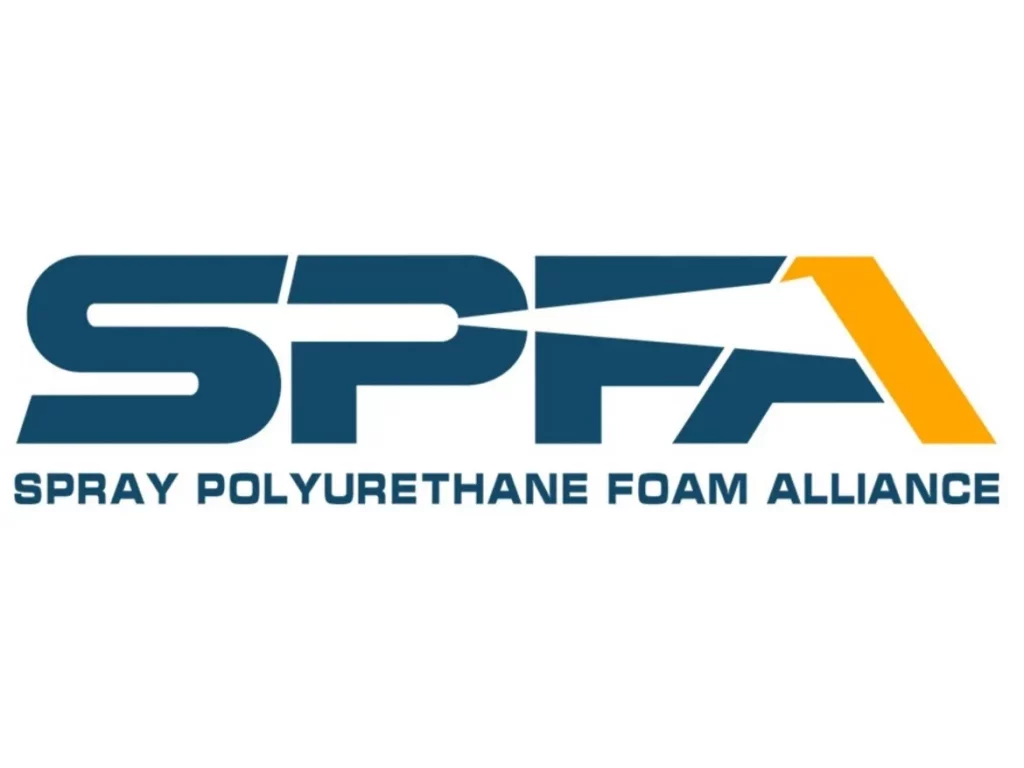Winters in Rose Hill and Haven, Kansas, can be harsh, with biting winds and temperatures that dip well below freezing. Ensuring your home or business is properly insulated is vital to staying comfortable and keeping energy costs down. Choosing between open-cell and closed-cell spray foam insulation is a common decision that can make all the difference during these frigid months.
This guide will walk you through the differences between the two types of insulation, their pros and cons, and which is best suited for your needs. By the end, you’ll be equipped to make an informed choice that ensures your space is warm and energy-efficient all season long.
Understanding Open-Cell and Closed-Cell Spray Foam Insulation
Spray foam insulation is a versatile and effective option for improving energy efficiency. It comes in two primary types: open-cell and closed-cell. Here’s a breakdown of their key characteristics:
Open-Cell Spray Foam Insulation
- Composition and Structure: Open-cell foam has a spongy, less dense structure, with tiny air pockets that allow for expansion and flexibility.
- Thermal Performance: It provides an R-value of approximately 3.5 to 3.7 per inch, making it suitable for interior applications.
- Soundproofing: Its porous nature makes it excellent for reducing noise transmission.
- Moisture Absorption: Open-cell foam can absorb moisture, which may be beneficial for certain applications but requires careful consideration in humid areas.
Closed-Cell Spray Foam Insulation
- Composition and Structure: Closed-cell foam is denser and more rigid, with tightly packed cells that create a strong barrier.
- Thermal Performance: Boasts a higher R-value, typically between 6 and 7 per inch, making it more effective in extreme climates.
- Moisture Resistance: Its impermeable structure acts as a barrier to water and vapor, preventing issues like mold or rot.
- Strength: Adds structural integrity to walls and roofs, making it ideal for exterior or load-bearing applications.
Comparing Benefits for Rose Hill and Haven Winters
When choosing insulation for the winters in Rose Hill and Haven, consider these factors:
Energy Efficiency
Closed-cell insulation’s higher R-value makes it ideal for extreme cold, where heat retention is critical. However, open-cell foam is often sufficient for interior walls and spaces where moderate insulation is acceptable.
Moisture Control
The Kansas winters can bring snow and ice, leading to potential moisture problems. Closed-cell foam’s impermeability is a strong advantage in areas prone to condensation or leaks.
Budget
Open-cell insulation is typically more affordable, making it a great choice for those looking to insulate larger spaces without overspending. Closed-cell, while pricier, offers superior performance and durability, which may save money in the long run.
Application Areas
- Use open-cell foam for interior walls, ceilings, and areas requiring soundproofing.
- Opt for closed-cell foam in basements, crawlspaces, roofs, and external walls where moisture resistance and structural reinforcement are priorities.
Why Spray Foam Insulation Stands Out
Spray foam’s adaptability and effectiveness make it a superior choice compared to traditional insulation materials like fiberglass or cellulose. It seals gaps and cracks, eliminating drafts that can reduce comfort during cold winters. Additionally, its long lifespan means fewer replacements and maintenance costs over time.
Choosing the Right Insulation: Factors to Consider
Climate Conditions
Rose Hill and Haven experience cold winters and occasional snowfall. Closed-cell spray foam’s high R-value is well-suited for such conditions, especially in exterior-facing walls or roofs.
Building Type
For residential properties, open-cell foam may suffice in most interior spaces. Commercial buildings or structures requiring enhanced durability and weather resistance should prioritize closed-cell foam.
Environmental Impact
Both types of spray foam improve energy efficiency, reducing your carbon footprint. If eco-friendliness is a priority, consult a professional to explore low-GWP (Global Warming Potential) spray foam options.
Professional Installation
Proper installation is critical to maximizing insulation performance. AArma Coatings offers expert services to ensure your insulation is installed correctly, minimizing air leaks and maximizing energy efficiency.
Making the Right Choice
For most homes in Rose Hill and Haven, combining both types of insulation provides optimal results. Use open-cell foam in interior walls to control sound and closed-cell foam in areas exposed to the elements. Consulting a professional ensures you’ll achieve the best balance of comfort, energy savings, and durability.
Ready to Insulate?
AArma Coatings can help you select and install the perfect insulation solution for your home or business. Our team specializes in spray foam applications designed to handle the unique challenges of Kansas winters. Contact us at (316) 779-2430 or email [email protected] for a consultation.
Conclusion
Choosing the right insulation is key to staying warm and reducing energy costs during Rose Hill and Haven winters. Open-cell and closed-cell spray foam each offer unique benefits, and combining them can address a variety of needs. Reach out to AArma Coatings today at (316) 779-2430 or [email protected] to get started on creating a comfortable, energy-efficient space.
Frequently Asked Questions
How do open-cell and closed-cell spray foam differ?
Open-cell foam is lightweight, flexible, and suitable for interior applications, while closed-cell foam is dense, moisture-resistant, and ideal for exterior or load-bearing areas.
Which type of spray foam is better for extreme cold?
Closed-cell spray foam is better for extreme cold due to its higher R-value and superior insulating properties.
Can I install spray foam insulation myself?
While DIY kits are available, professional installation ensures proper application, safety, and maximum efficiency.
Is spray foam insulation environmentally friendly?
Yes, spray foam improves energy efficiency and reduces heating costs. Low-GWP options are available for those seeking eco-friendly solutions.
How long does spray foam insulation last?
Spray foam insulation can last 20-30 years or more with proper installation and maintenance.
Is spray foam insulation safe?
When installed correctly by professionals, spray foam insulation is safe and does not release harmful chemicals after curing.
Does spray foam help with noise reduction?
Yes, open-cell spray foam effectively reduces noise transmission between rooms.
How much does spray foam insulation cost?
Costs vary based on the type, application area, and thickness required. Contact AArma Coatings for a detailed quote.
Can spray foam insulation prevent mold?
Closed-cell foam acts as a moisture barrier, reducing the risk of mold growth in areas prone to dampness.
How quickly can spray foam insulation be installed?
Most projects can be completed in one to two days, depending on the size and scope.





